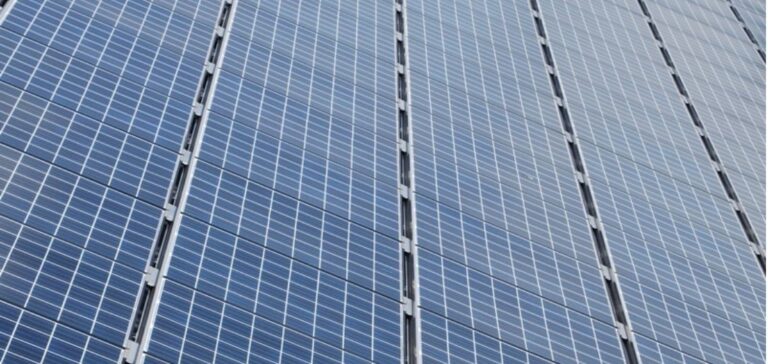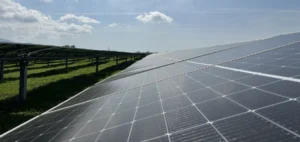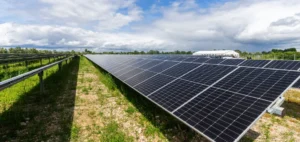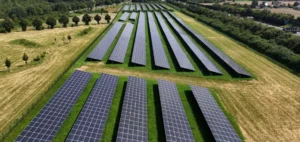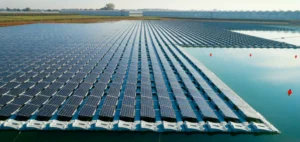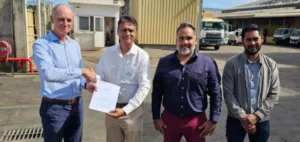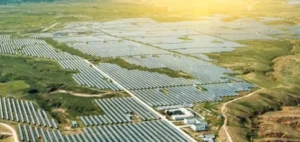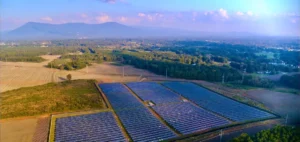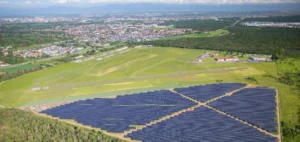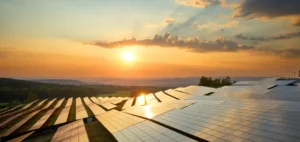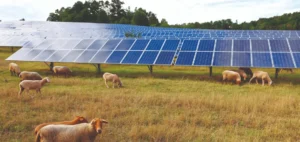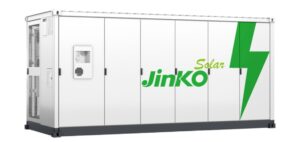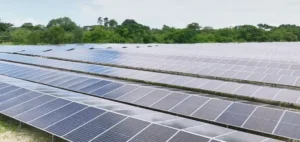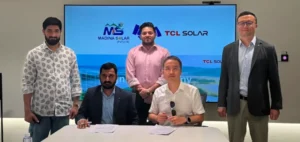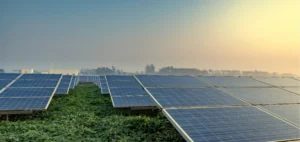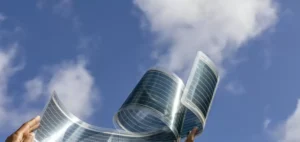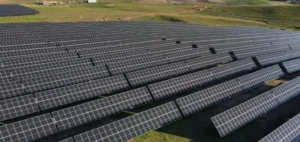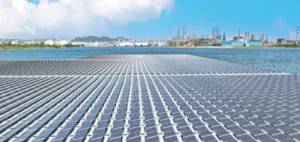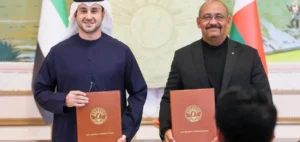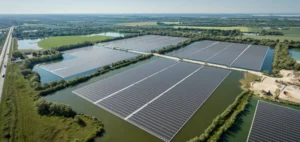In the Gaza Strip deprived of electricity for 12 hours a day, Yasser al-Hajj, a fish farmer and restaurant owner, decided to rely on solar panels to reduce his fuel bills.
“Electricity is the backbone of the project,” explains to AFP this Palestinian who equipped his fish farm with photovoltaic panels six years ago.
“We rely on solar energy to provide oxygen to the fish and to draw water from the sea,” he says, standing in front of a dozen dusty panels covering pools where fish are swimming.
According to Yasser al-Hajj, the introduction of renewable energy has allowed him to reduce his electricity bill by two-thirds.
“We used to pay 150,000 shekels (44,000 euros) per month, which is huge,” compared to about 50,000 shekels (14,693 euros) today, the entrepreneur notes.
The authorities in the Gaza Strip, controlled by the Islamist movement Hamas, are unable to provide more than 12 hours of electricity a day in this Palestinian enclave, which has been under an Israeli blockade since 2007 and is served by a single power station damaged by the multiple conflicts.
While some Gazans use fuel-guzzling generators, others, like Yasser, are turning to solar energy to gain energy independence in a region where the sun shines more than 300 days a year.
– From diesel to sunshine –
In recent years, solar panels have flourished on rooftops in Gaza, where 20% of households now rely on solar, according to the journal Energy, Sustainability and Society.
Owner of a bakery, Bishara Shehadeh installed this summer a hundred solar panels on the roof of her business.
A profitable operation. “Since we have a surplus of electricity during the day, we will
We sell to the electricity company in exchange for power during the night,” explains the baker. “We currently use diesel ovens, but we want to import electric ovens from Israel and power them with solar,” he says.
The energy transition of the bakery, like that for the fish farm, is possible thanks to funding from foreign donors.
Some Gazans also put their hands in their pockets, but in a territory where, according to the UN, nearly 80% of the inhabitants depend on humanitarian aid, not everyone has the means to go green.
Bishara Shehadeh took out a four-year loan to finance her project.
“In the last two years, entrepreneurs have turned to solar energy because it saves (money) and is a profitable investment,” says engineer Shehab Hussein of local solar kit company MegaPower.
According to him, solar panels can be installed from 1,000 euros.
Most of the solar tiles used in Gaza come from China.
With minimal maintenance, they can be used for several years, but their batteries must be changed every two or three years.
Raya al-Dadah, head of the Sustainable Energy Technology Laboratory at the University of Birmingham in the United Kingdom, says the solar panels her family uses in Gaza are more than 15 years old, so they are no longer young, but, she says, “the water in the shower is still very hot.
– High-tech solar –
While the installation of standard panels to heat water is relatively simple, Ms. Dadah has encountered difficulties in importing more sophisticated technology, due in part to restrictions imposed by Egypt and Israel, which control the entry points to Gaza.
Among the new features are rotating panels that follow the path of the sun to optimize energy supply.
A more expensive, cutting-edge technology developed on the other side of the border, by the Israeli company SolarGik, thanks to a device for monitoring weather conditions.
“This system allows us to produce 15 to 20% more electricity than standard panels,” Gil Kroyzer, the group’s CEO, told AFP, stressing that these panels should one day be able to “predict the weather” thanks to artificial intelligence.
“The revolution is underway (…) but we need better ways to store solar energy before we can replace fossil fuels.”
In the meantime, Raya al-Dadah believes that conventional panels provide a “really promising source of energy that is available everywhere”.

